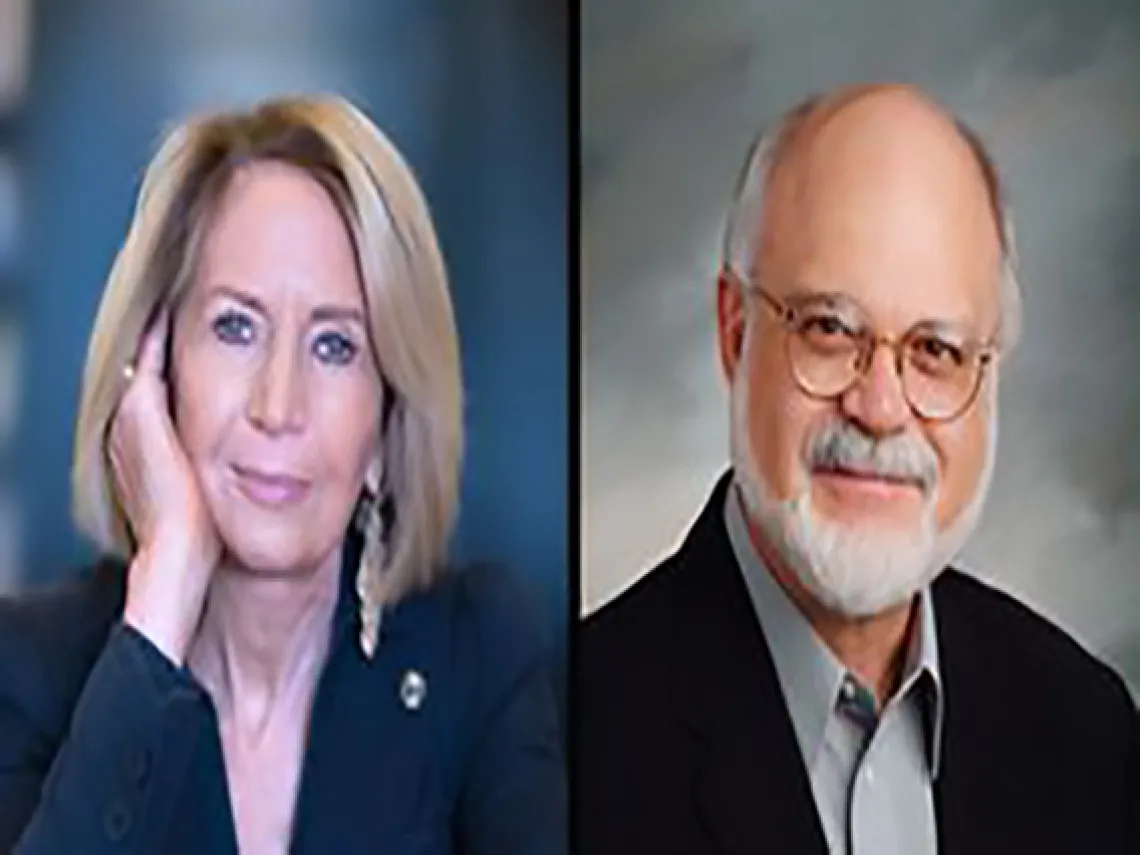Scientists in the Line of Fire
This editorial was first published in Science, 4 March 2022

The devastation and despair gripping Ukraine following the unprovoked invasion by neighboring Russia is heartbreaking and unthinkable. Such a loss of life and homeland has stirred wide concern around the world. This war sets back progress to establish a peaceful and sustainable world and to address important problems faced by all humanity, including climate change, environmental degradation, public health, and inequality. The international community of scientists cooperates extensively to address the challenges of our time, and a war that is destroying a stable and healthy nation and provoking a refugee crisis is no exception. What can the scientific community do most immediately to provide support and aid to its Ukrainian colleagues in their time of need? The community should focus on strengthening regional partnerships in Eastern Europe, networking to find refugees safe havens, speaking out forcefully against this invasion, and preparing to help rebuild Ukrainian science when the time is right.
As a first step, scientists and scientific organizations around the world, including the United States, need to redouble efforts to fortify links with scientific communities in countries that border the conflict area. The scientific communities in these young democracies, including Poland, Romania, and Bulgaria, often have strong connections to colleagues in Ukraine. Such ties will be critical in efforts to strengthen civil society in Ukraine and in other parts of the region. These nations will bear the brunt of the refugee crisis. Connections can be strengthened through international scientific bodies such as the InterAcademy Partnership, direct outreach between leaders, and the development of joint programs to support refugees, both financially and professionally.
Support is also needed for those colleagues in Ukraine’s neighboring nations who are providing, often through heroic efforts, safe havens for refugees. Many Ukrainian scientists are women who have left with their families while their husbands stay to fight for their country. Many of the families of male scientists are also in need of a welcoming home outside of Ukraine, at least for now. Efforts to highlight these refugees and their plight must ensure that communications will not lead to unintentional harm by identifying individuals in electronic communications or social-media posts.
The experience of the United States National Academy of Sciences (NAS) in providing new temporary homes for Afghan scientists showed that the families crave an opportunity to establish some semblance of normalcy and dignity: a safe home, schools, and a distraction from the stress of conflict for the children. For these scientists, an opportunity to remain connected with the research community through a provisional affiliation with a research lab or university is invaluable. The US NAS has used its own discretionary funds to support travel and short-term settlement costs in welcoming nations for Afghan scientists and their families, whose prior sponsorship by US government programs put them in additional jeopardy. The US NAS intends to extend this policy to scientists in conflict zones whose US ties place them at increased risk.
Many international and national science academies and societies have issued strong statements condemning the invasion and expressing support for the scientists (and all citizens) affected. Such expressions of solidarity surely lift the spirits of our Ukrainian colleagues and encourage them in their struggles, but words are not enough. The international scientific community will need to help rebuild science and research infrastructure in Ukraine when the time is right. It is not too early to begin these discussions.
As the world seeks to support scientists from Ukraine, it must also be careful not to condemn indiscriminately Russian scientists by assuming that all of them support this conflict. Many have, at great personal peril, spoken out against the invasion. At the same time, the global scientific community must be cautious in determining which international scientific activities can continue to involve Russian science so as not to support indirectly the Russian government, economy, and military through scientific exchange and recognition.
Leaders and members of science academies in Europe and elsewhere, including the US NAS, must work together now to accommodate Ukraine’s scientists and their families until it is safe for them to return to their homes. Ukraine will urgently need the talents of these experts as they seek to rebuild their country following this devastating war. Sadly, this is not the first time that scientists have been caught in the line of fire, and it will not be the last.

